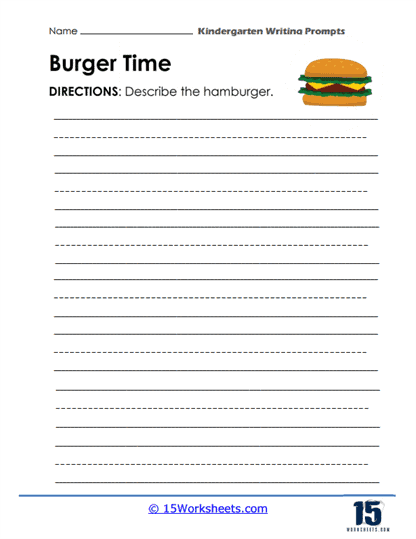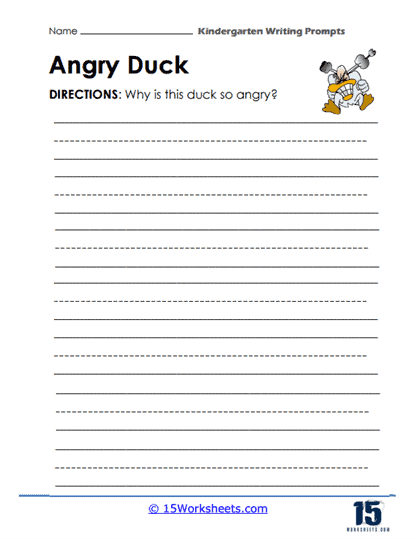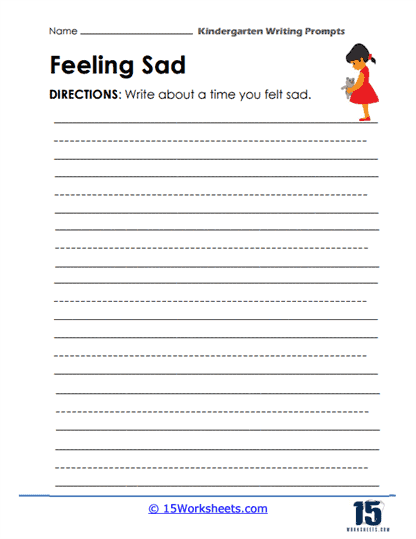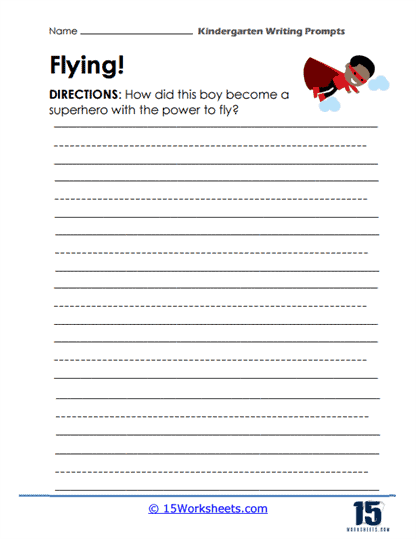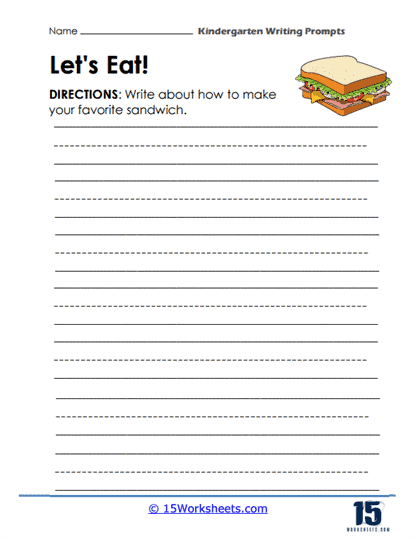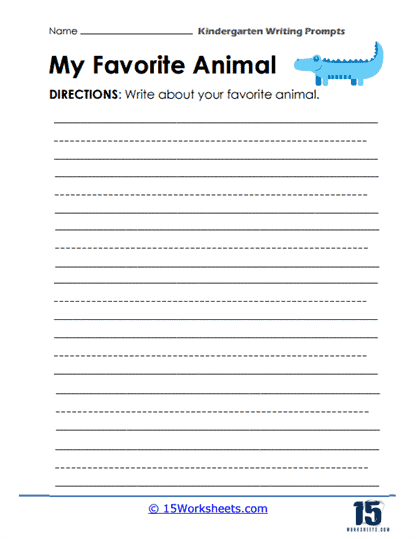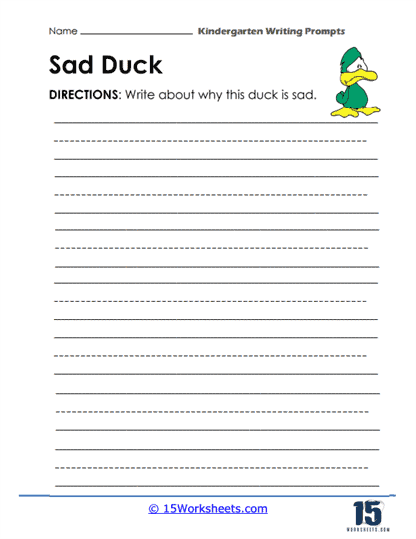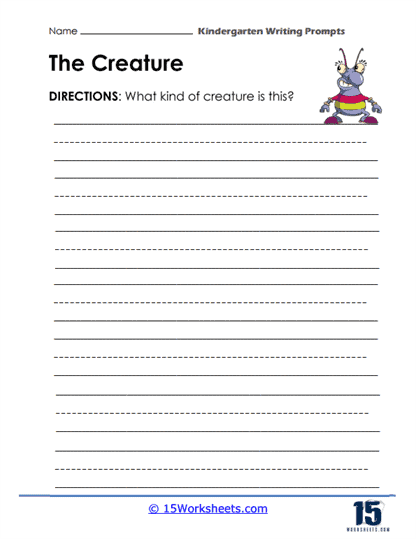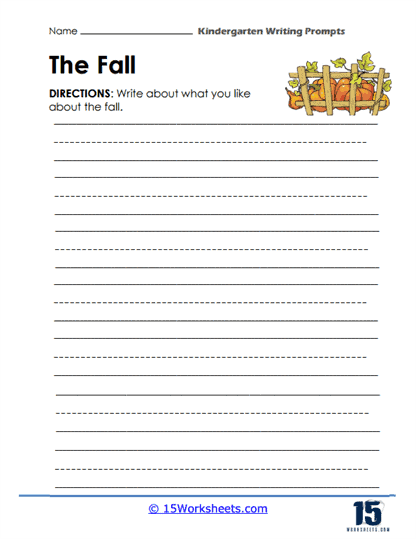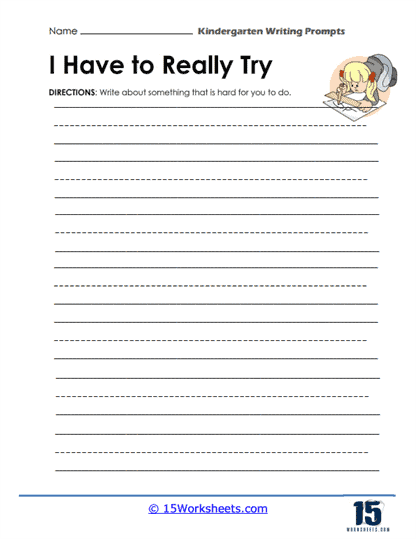Kindergarten Writing Prompts Worksheets
What are Kindergarten Writing Prompts Worksheets?
Kindergarten writing prompts worksheets are educational resources designed to help kindergarteners practice writing and storytelling. These worksheets generally include a series of writing prompts-short sentences or questions that give children a starting point for their writing.
Each worksheet focuses on a specific topic and includes several prompts related to that topic. These prompts might ask students to describe something, imagine a scenario, explain their thoughts or feelings, or recount a personal experience. These worksheets often include sentence starters to help guide the students’ writing. For instance, a prompt might begin with “I feel happy when…” and then provide space for the child to complete the sentence.
There might be sight words that children are encouraged to use in their writing. Sight words are common words that children should ideally recognize on sight without needing to sound them out.
How Students Should Respond to Writing Prompts
Writing prompts are a great way to encourage kindergarteners to practice their writing skills. These young learners can respond to writing prompts in a number of ways, depending on the prompt and the writing skills they’ve developed. Here are some general guidelines:
Drawing – Given their age and developmental stage, kindergarteners may respond to writing prompts primarily through drawings. They can then add labels to different parts of their picture or even try to write a simple sentence about what’s happening in the drawing.
Dictation – If kindergarteners find it hard to write full sentences or are unsure of spelling, they can tell an adult or older sibling what they want to write. The adult can write the words down as they dictate, helping them see how thoughts and spoken words can translate into written sentences.
Phonetic Spelling – Kindergarteners are usually learning phonics, the sounds that letters make. Encourage them to use phonetic spelling to write words the way they sound. While this won’t produce conventionally correct spelling, it’s a valuable step in learning to write independently.
Sentence Frames – You can provide sentence starters or frames to help them structure their responses. For example, if the prompt is about their favorite food, the sentence frame could be “My favorite food is ____ because ____.”
Encourage Creativity – While providing prompts, it’s essential to allow children to express their ideas freely. Even if the response doesn’t strictly adhere to the prompt, what’s important at this stage is encouraging creativity and the habit of expressing thoughts in writing.
Illustrate Emotions – Ask children to express their feelings about a topic. This allows them to learn how to express their emotions in writing.
Collaborative Writing – They could start a story based on a writing prompt, and then a friend or teacher could write the next part. It helps them learn about cooperation, continuity in storytelling, and can be a fun group activity.







